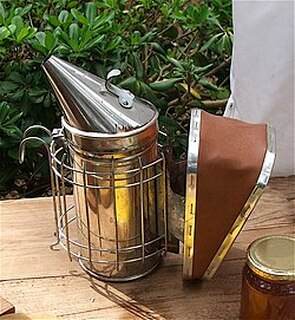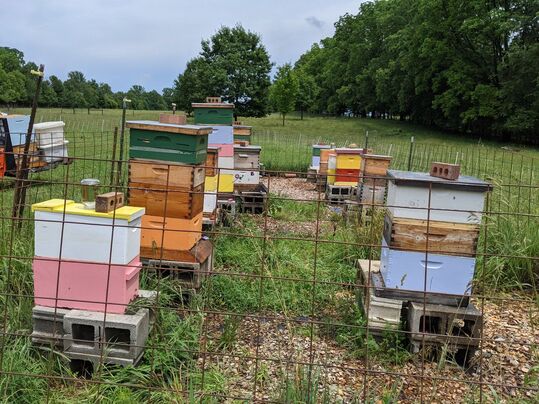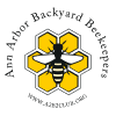 Acceptable There are many specialized pieces of equipment like frame holders to keep frames off the ground when inspecting your hives, and fume boards to force bees out of honey supers you want to remove and harvest. Some beekeepers choose instead to brush bees off their frames with a bee brush, while others feel this tool can injure the bees too easily. There are also the green plastic drone boards we talked about in the section on Varroa control that are also sometimes used be queen breeders to help saturate an area with drones carrying specific genetic traits. Before buying any piece of beekeeping equipment, thoroughly research what it is for and if you truly need it for your apiary. Borderline Other pieces of equipment have a time and a place, but are often not necessary. For example, some beekeepers use a metal or plastic grate called a queen excluder to keep their queen down in the brood chamber and out of the honey supers while others do not. Most beekeepers use a block of wood with slits cut into it, an entrance reducer, in the entrance of smaller or weak hives to prevent pests and robbing, but anything partially blocking the entrance (even grass) will do in a pinch. There are also special robbing screens that go over the entrance of the hive which some beekeepers use during a nectar dearth to prevent robbing. There are both pros and cons of wearing gloves and the type of gloves you choose to wear. Thick leather gloves may prevent stings, but make you clumsy and prone to crushing bees, while nitrile gloves or bare hands are easier to keep clean and maintain dexterity, but stings on your hands can lead to swollen fingers and painful knuckles. Compulsory Three required pieces of equipment for a new beekeeper are a smoker, a veil, and a hive tool. No matter what you see on YouTube, you should always at least wear a veil when working your bees. Getting stung in the face is no laughing matter and bees are drawn to the dark circles that make up a face as well as the CO2 you expel from your nose and mouth. Personally, I recommend beeks wear a full bee suit until they are comfortable working with bees (an early sting may increase your anxiety around bees and they can sense it). A new beek should also always light a smoker when working their bees even if the bees are calm and its use turns out smoking them is not necessary, as lighting a smoker when the bees are already agitated guarantees you will have trouble or it will go out. Hopefully the need for a hive tool to pry the lid off the hive and the boxes and frames apart is self-explanatory. More Information: https://www.youtube.com/watch?v=HaIidPJMJus
0 Comments
|
AuthorJen Haeger is a new master beekeeper and board member of A2B2. Archives
August 2022
Categories
All
|


 RSS Feed
RSS Feed
